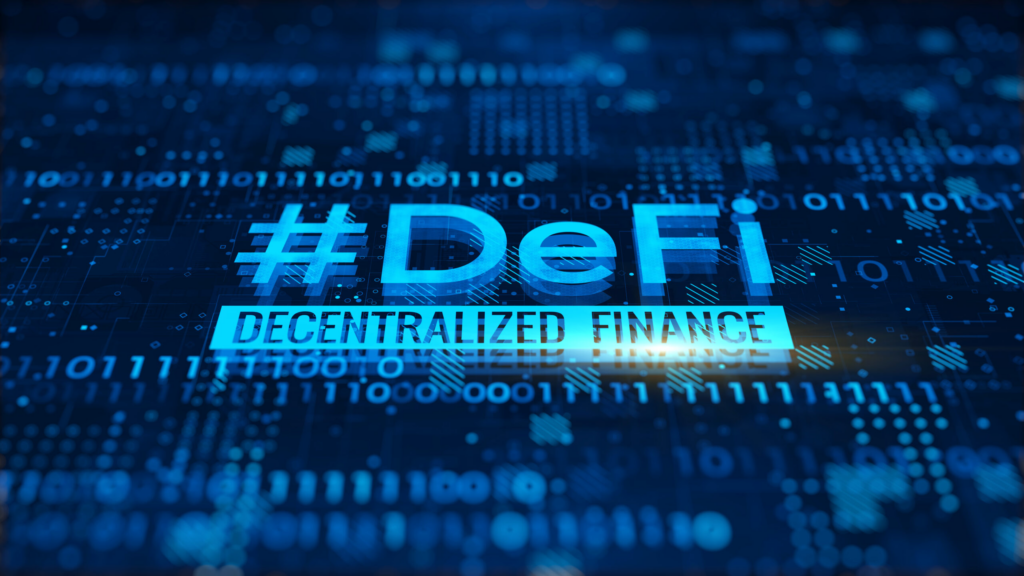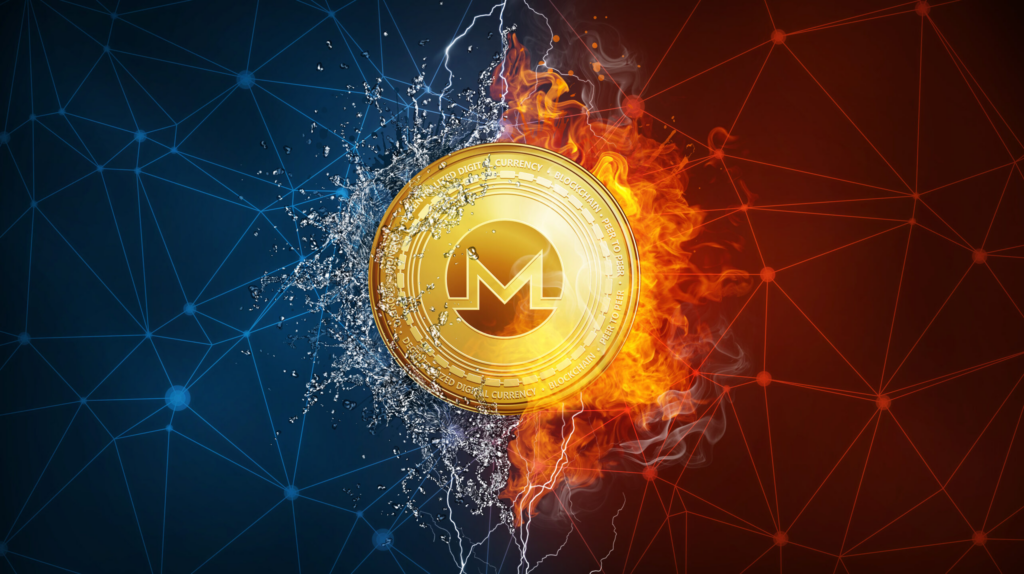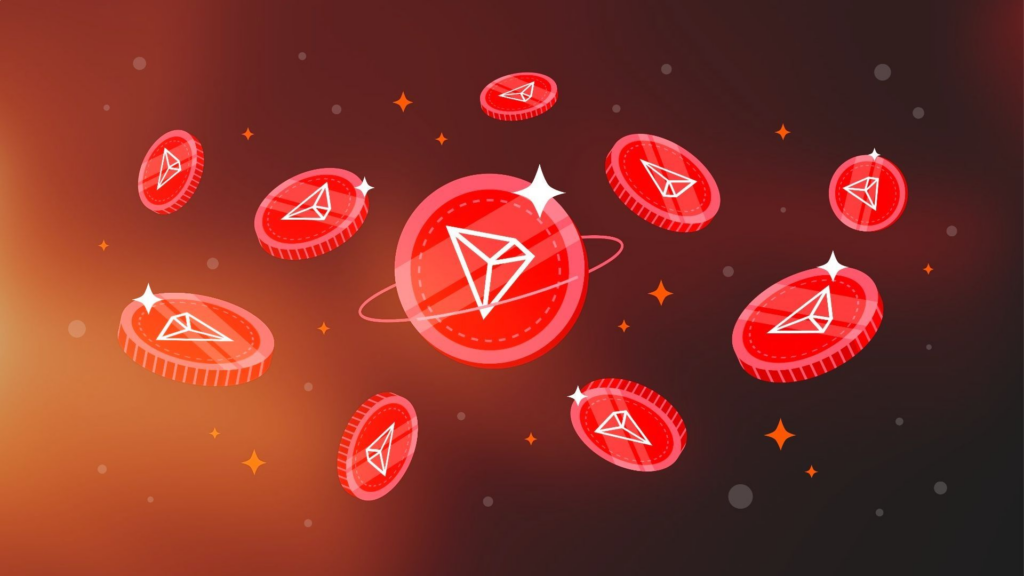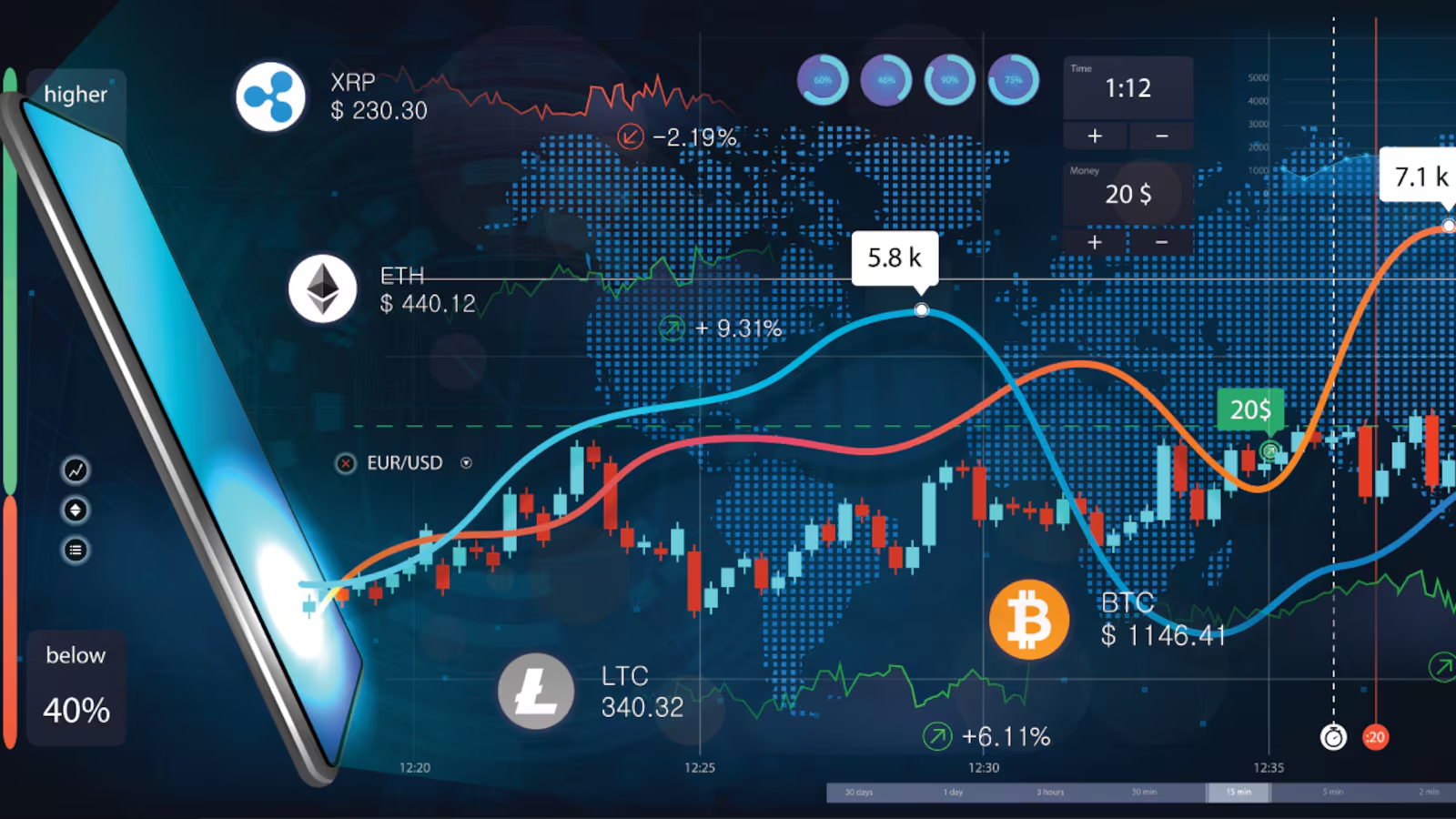Despite much-publicized reports to the contrary, blockchain technology continues to innovate and evolve. What’s more, its application as a vital everyday technology is now set to go over the tipping point, not just in decentralized finance or DeFi but also in a range of exciting data management applications
As with past innovations, blockchain use is already moving past a few key pioneers and is firmly a part of many larger organizations’ processes. Soon, we will doubtlessly see it as just another part of how we live our day-to-day lives.

To see the likely direction blockchain tech is headed in, it’s helpful to look at the innovations that are currently being pushed in this space. Let’s look at some of the frameworks that may already be changing how your private data is managed:
1) Monero (XMR)
Anyone who has studied financial blockchain tech will point to this secure privacy coinas one of the most promising cryptocurrency platforms to have made it into the mainstream. Using a specialized XMR walletfor holding Monero can further improve upon the intrinsic security offered by this platform.

2) Ethereum (ETH)
Ethereum introduced the world to now-commonplace features like smart contracts and automated agreements, setting a tone for innovation right from when it was launched in 2015. With Ethereum 2.0, many serious scalability and energy efficiency issues of ETH are being addressed, promising even broader adoption and completely new use cases.
3) Chainlink
Chainlink’s Cross-Chain Interoperability Protocol (CCIP) facilitates standardized data and command exchange across diverse blockchains, potentially changing DeFi practices as we know them. Should the initiative gain steam, it may finally help cryptocurrencies truly enter the mainstream in the way it was originally envisioned to do.
4) Binance Smart Chain
Binance Smart Chain is purpose-built to address some of the earlier quirks of the wider DeFi ecosystem, offering an environment for developers to create secure and efficient smart contracts and other digital assets. Out of the box, it offers compatibility with the Ethereum Virtual Machine (EVM) to enhance interoperability and blockchain app creation, which is good news for crypto’s wider adoption.
5) Hyperledger
The Linux Foundation has always been focused on providing a kind of societal good that most major corporations are not exactly known for, which is why it shouldn’t be surprising that it’s long thrown its hat into the blockchain game. Its Hyperledger is a characteristically open-source ecosystem that is meant for wider-scale industrial use in various industries. In particular, this blockchain solution may see serious use in areas that require both security and fast turnarounds, like supply chain management and healthcare.

6) IBM Blockchain
IBM is renowned for its enterprise-grade solutions, and it’s no surprise that the IBM Blockchain is tailored for large organizations’ internal needs. It enables businesses to deploy tailored blockchain networks, with immense promise in supply chain and digital identity management applications.
7) EOS
EOS’s user-friendly approach and delegated proof-of-stake (DPoS) consensus mechanism are giving it a lot of buzz among blockchain developers who need more efficiency and scalability. With its lack of transaction fees and low latency, this platform is definitely not just for people who spend all their free time studying blockchain technology.
8) Quorum
Developed by JPMorgan Chase, Quorum promises a privacy-focused blockchain framework for businesses and other large organizations. Its focus on efficient transaction processing and proactive security make it a preferred choice for institutions that demand high security and fast throughput, with some logistics and finance companies already testing it out with some success.
9) Corda
Corda’s interesting access control functions make it ideal for private networks of all sizes. In particular, the specifics of its smart contract functionality and point-to-point communication features help avoid middleman attacks that have occurred on other platforms.
10) NEO
Digitizing assets and enabling decentralized applications for the smart economy, this platform’s dual-token system and digital identity solutions may yet drive blockchain adoption in a global finance environment that is increasingly under threat from malicious activities.
11) Solana
Solana stands out for its exceptional scalability and speed, processing thousands of transactions per second with low fees. Its unique proof of humanity (PoH) consensus mechanism, combined with proof of stake (PoS), makes it a preferred choice for developers creating smart contracts and applications.

12) Ripple
Ripple targets international payments with its unique consensus algorithm. Real-world applications like MoneyTap aim to revolutionize remittances, enhancing financial inclusion and efficiency.
13) IOTA
Built for the Internet of Things, IOTA’s feeless transactions and scalability offer potential for secure and decentralized IoT networks. Applications like IOTA Access showcase IOTA’s utility in access control and data integrity.
14) Tron
Tron aims to build a decentralized internet, offering high throughput and low transaction costs. Uniquely, it offers a focus on entertainment and content creation as well as a developer-friendly environment for creating smart contracts using Solidity.

15) Tezos
Tezos seems to embody the DeFi ethos with its self-amendment and self-governance features. Existing Tezos applications like Kolibri are already demonstrating the platform’s potential as a serious stablecoin.
Blockchain is More than DeFi
For better or worse, the conversation around blockchain technology has been dominated by its DeFi applications. However, it’s clear that blockchains as a whole may change a lot more than just how we buy things. The emerging trends in cross-chain DeFi, inter-platform data sharing, and easy smart contract interactions all point toward a future where blockchain use is truly universal and isn’t just the domain of a few people who are in the know.


